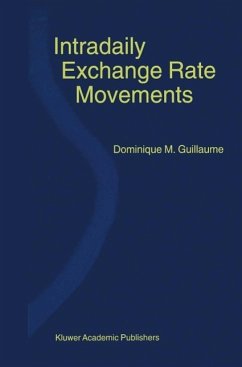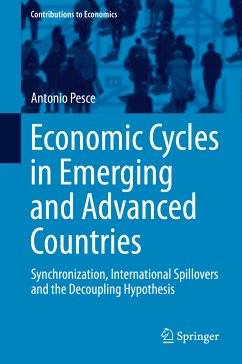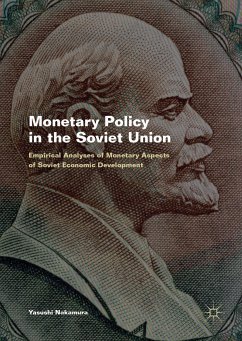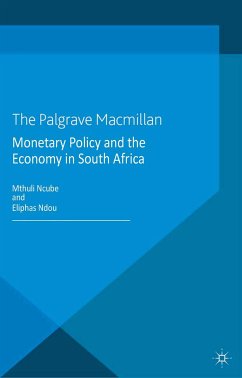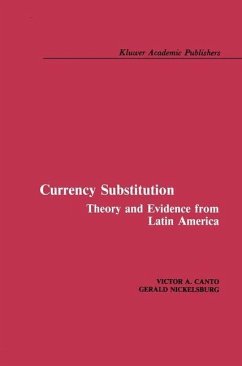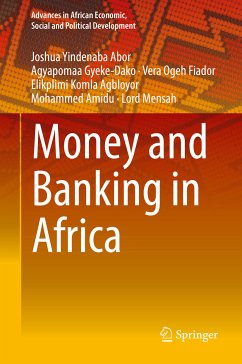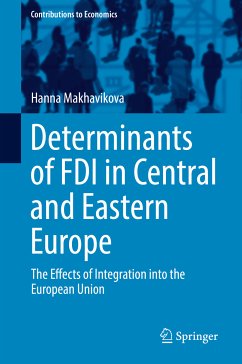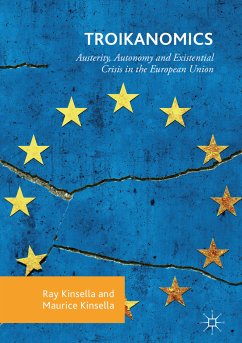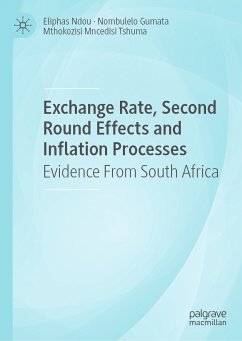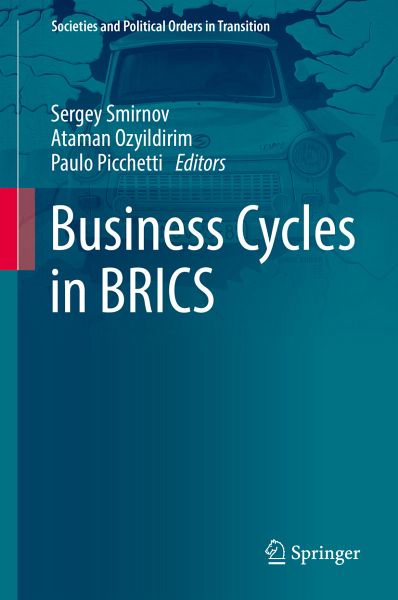
eBook, PDF
Business Cycles in BRICS (eBook, PDF)

PAYBACK Punkte
56 °P sammeln!





Focuses on the analysis and measurement of business cycles in BRICS
Explores the interrelatedness of business cycles within BRICS
Presents cyclical indicators for real-time monitoring economies in BRICS
Discusses the socio-political consequences of business cycles
Dieser Download kann aus rechtlichen Gründen nur mit Rechnungsadresse in A, B, BG, CY, CZ, D, DK, EW, E, FIN, F, GR, HR, H, IRL, I, LT, L, LR, M, NL, PL, P, R, S, SLO, SK ausgeliefert werden.
- Geräte: PC
- ohne Kopierschutz
- eBook Hilfe
- Größe: 27.53MB
- Text-to-Speech
- E-Mail des Verlags für Barrierefreiheitsfragen: accessibilitysupport@springernature.com
- Alle Inhalte über Screenreader oder taktile Geräte zugänglich
- Navigation über vor-/zurück-Elemente ohne Inhaltsverzeichnis
- Hoher Kontrast zwischen Text und Hintergrund (min. 4.5 =>1)
- Inhalte verständlich ohne Farbwahrnehmung
- Kurze Alternativtexte für nicht-textuelle Inhalte vorhanden
- Text und Medien in logischer Lesereihenfolge angeordnet
- Navigierbares Inhaltsverzeichnis für direkten Zugriff auf Text und Medien
- Keine Einschränkung der Vorlesefunktionen, außer bei spezifischen Ausnahmen
Sergey Smirnov is Deputy Director of the "Development Center" Institute, National Research University Higher School of Economics, Moskow. For decades he worked in academic institutions and private think-tanks. In recent years, he focusses on monitoring and analyzing the Russian and international economy and pays special attention to the characteristics of the Russian economic cycle, building up this field of economic knowledge almost from the ground upwards. His research established the long-run historical trajectory of the Russian economy, identified its turning points, constructed a system of cyclical (leading, coinciding, and lagging) indicators for Russia and assessed its suitability for forecasting of the two latest recessions in real-time. He received his PhD in economics from The Moscow State University in 1986. Ataman Ozyildirim is Director, Business Cycle and Growth Research at The Conference Board, New York. In addition toleading the research program on business cycles and developing leading economic indexes for mature and emerging economies, he also manages the research program in productivity, innovation and competitiveness. His team produces The Conference Board's annual Global Economic Outlook which is also updated quarterly. As a native of Istanbul, Turkey, he received his BA in economics from Ithaca College, New York and his PhD in economics from The Pennsylvania State University. Paulo Picchetti received his PhD in Economics from University of Illinois at Urbana-Champaign in 1995. He started teaching at University of São Paulo at that year, in a joint appointment with Fundação Instituto de Pesquisas Econômicas, where he also worked as a researcher and coordinator of the Consumer Price Index. In 2007 he joined Fundação Getulio Vargas, teaching at the São Paulo School of Economics, and in a joint appointment with Instituto Brasileiro de Economia. He is a member of the Brazilian Dating Committee for Economic Cycles (CODACE), and is involved in a number of research projects acting as an applied econometrician.
Produktdetails
- Verlag: Springer International Publishing
- Seitenzahl: 513
- Erscheinungstermin: 15. August 2018
- Englisch
- ISBN-13: 9783319900179
- Artikelnr.: 56812538
Für dieses Produkt wurde noch keine Bewertung abgegeben. Wir würden uns sehr freuen, wenn du die erste Bewertung schreibst!
Eine Bewertung schreiben
Eine Bewertung schreiben
Andere Kunden interessierten sich für


